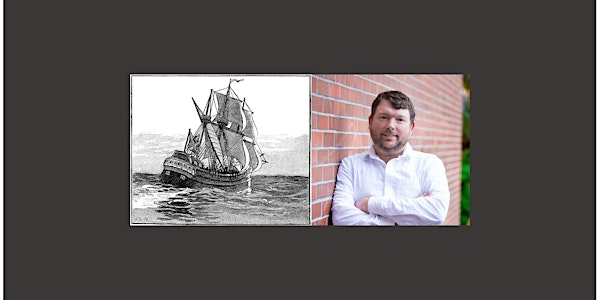
The Meanings of the Mayflower at 400
Join the class with Chris Leise, Associate Professor of English, and explore The Meanings of the Mayflower at 400.
By Whitman College
Date and time
Thursday, December 3, 2020 · 4 - 5:30pm PST
Location
Online

Join the class with Chris Leise, Associate Professor of English, and explore The Meanings of the Mayflower at 400.
Online
Join Zoom Meeting: https://whitman.zoom.us/j/96089916832Meeting ID: 960 8991 6832
As a school child, you probably made a black hat with a buckle on it out of construction paper. You may have acted like a Pilgrim at a Thanksgiving play. Surely you watched the Brady family don elaborate costumes in that episode of The Brady Bunch.
That’s because, 400 years ago this fall, a group of radical Christian separatists found England too intolerable (and the Netherlands too welcoming) and set sail upon the Speedwell for a life in Virginia. But the Speedwell almost sank, and they couldn’t find Virginia in time—thus, New England was born and American history was irreversibly set on a new course. In this talk, we’ll chat about who this band of misfit zealots were, what they did and did not do, and how their memory is taken up throughout stages of US history.
In preparation for this talk, participants are invited to view an episode of the PBS documentary series, American Experience, called "The Pilgrims." View the episode here or on Amazon Prime Video.
Leise is the author of "The Story Upon a Hill: The Puritan Myth in Contemporary American Fiction," exploring the the idea that true American identity developed directly from aspects of New England Puritanism, describing the long-lasting effect of the Puritan myth as an exclusionary notion of American exceptionalism.